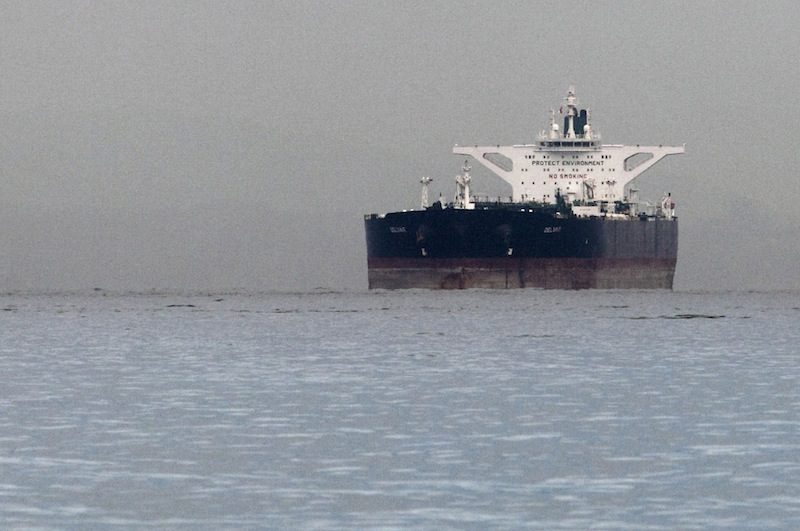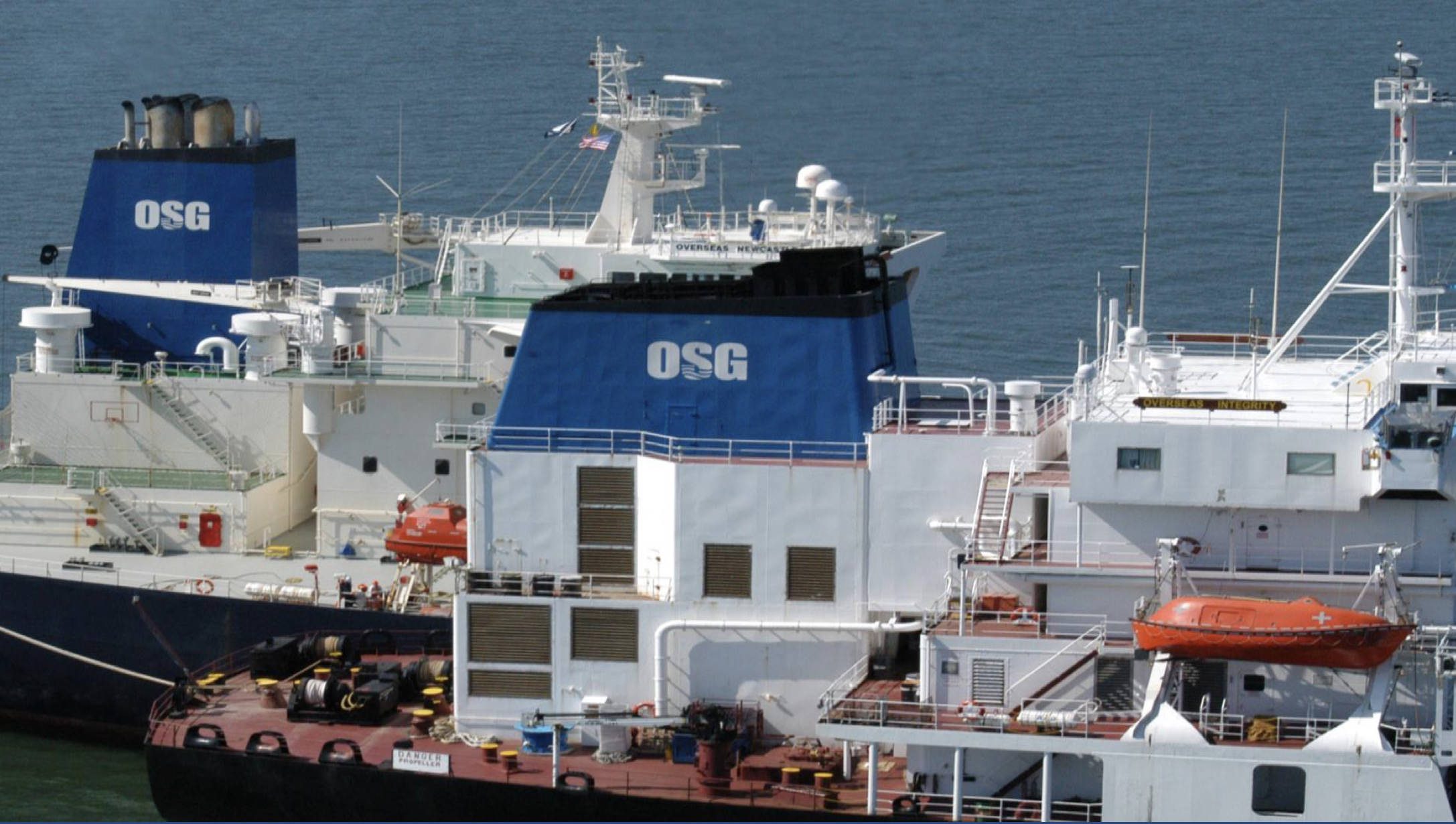File Photo: REUTERS/Tim Chong
By Julian Lee (Bloomberg) — It is still nearly three months until U.S. sanctions on Iran’s oil exports snap back into force, but they are already having a big impact on the Persian Gulf country’s trade.
The nation’s outflow has fallen, and Iran is having to rely more on its own fleet of tankers to carry oil to its customers, according to ship-tracking data compiled by Bloomberg.
Iran’s exports of crude and condensate, a form of light oil extracted from gas fields, were down by 430,000 barrels a day, or 15 percent, in July compared with April, the last month before President Trump announced that he was pulling the U.S. out of the Iran nuclear deal and re-imposing sanctions.
Iran’s fleet of very large crude carriers, or VLCCs, and Suezmax tankers — the largest that can fit fully-laden through the Suez Canal — has always played an important role in delivering Iranian crude to customers, but it is increasing as insurers and international shipping companies react to the sanctions snap-back. In April, vessels belonging to the National Iranian Tanker Co. were hauling a little under half of country’s crude and condensate exports. By last month that share had risen to around two thirds.
Nowhere is the growing reliance on Iran’s own tanker fleet more apparent than in its shipments to Turkey. Under the previous sanctions on Iran, all crude deliveries from Iran to Turkey were made on ships belonging to NITC. That began to change in mid-2016, after those sanctions were lifted, and from September of that year it became rare to see Iranian-owned tankers passing through the Red Sea and Suez Canal to Turkey.
Now that picture is switching back again. Last month more crude was loaded onto Iranian-owned tankers bound for Turkey than at any time since August 2016.
Iran’s oil ministry said last month it doesn’t use the Bab el-Mandeb strait at southern end of Red Sea for its crude exports after Saudi Arabia temporarily halted its own shipments through the waterway, due to an attack on two of its tankers. The ministry didn’t say when Iran stopped using the strait.
Yet, there there has been a steady stream of Iranian crude passing through the strait, though until recently very little of it has been carried on Iranian-owned vessels. That is fast changing as Iran seeks to maintain deliveries to Turkey amid U.S. sanctions.
© 2018 Bloomberg L.P
Unlock Exclusive Insights Today!
Join the gCaptain Club for curated content, insider opinions, and vibrant community discussions.

 Join The Club
Join The Club







![A screengrab of a map showing an earthquake Mindanao, Philippines on Dec 2, 2023. (Image: US Geological Survey [USGS])](https://gcaptain.com/wp-content/uploads/2023/12/Screenshot-2023-12-02-at-10.45.17-AM-copy.png.webp)





